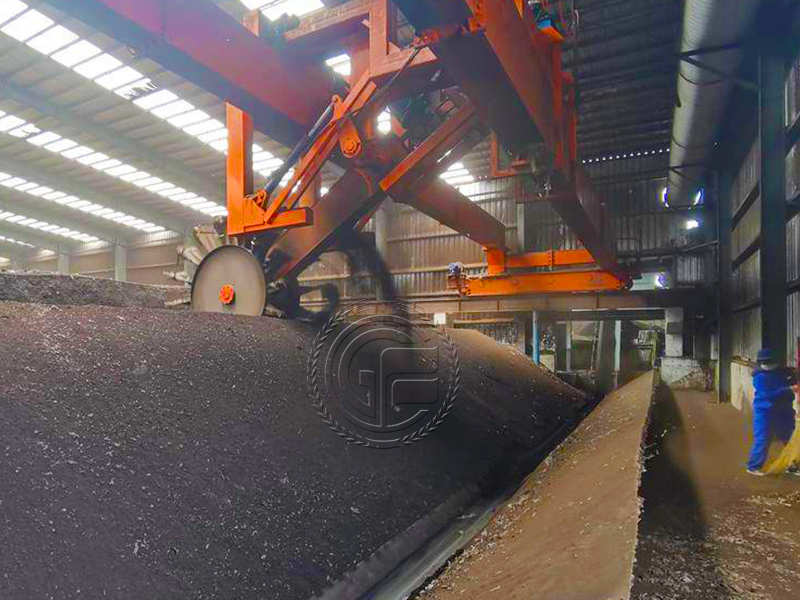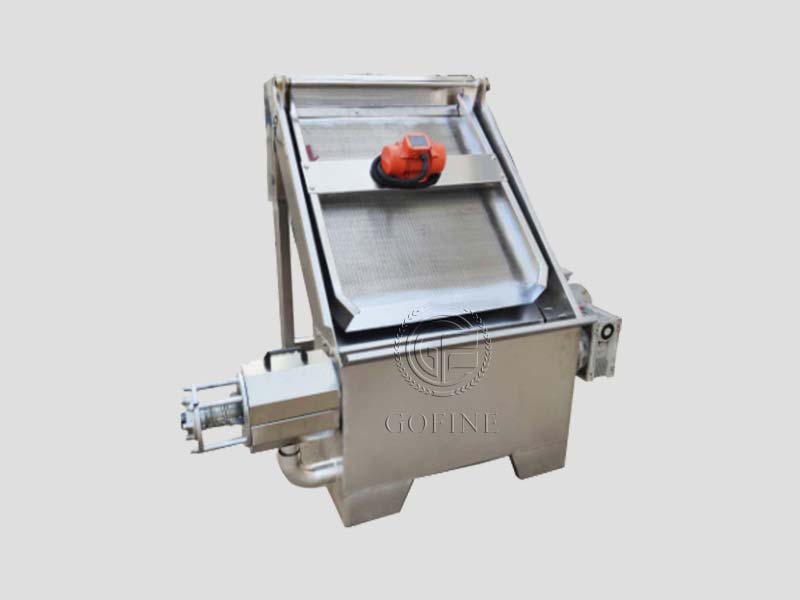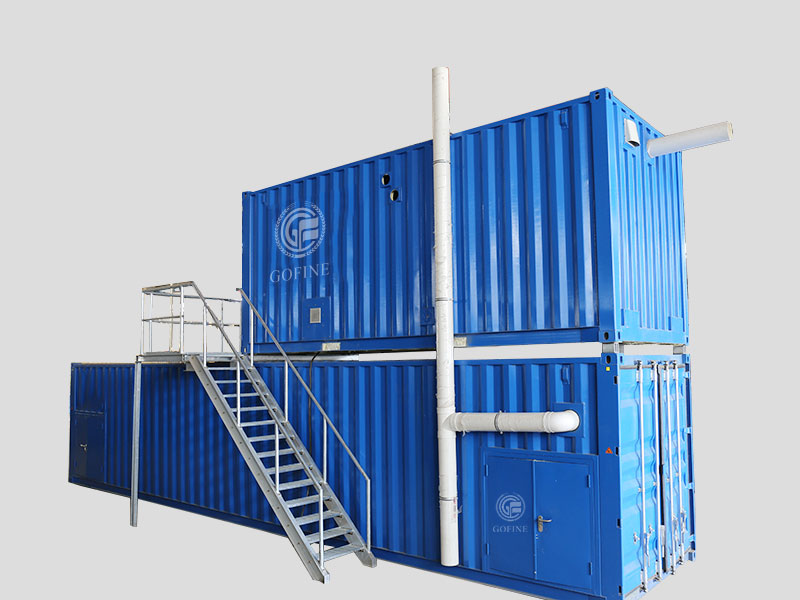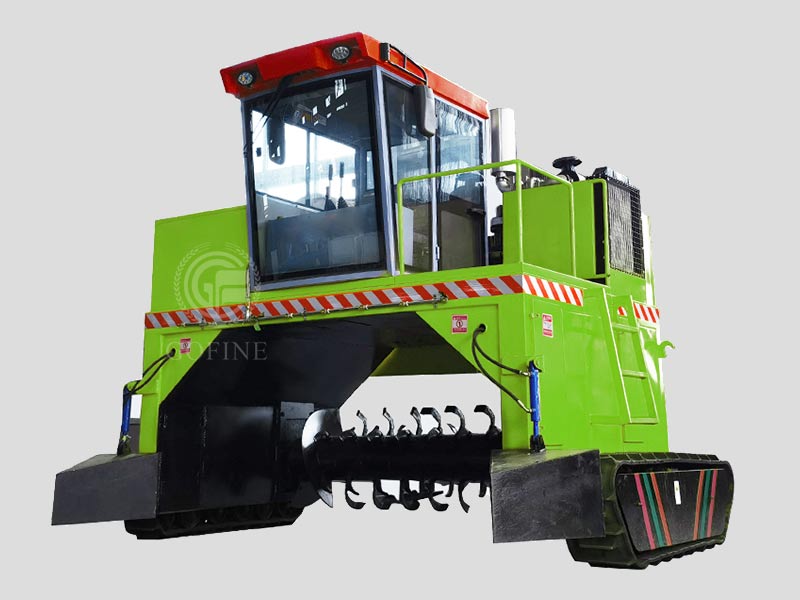High-efficiency wheeled compost turner accelerates production.
News September 4, 2025
In organic fertilizer production, turning the compost is a critical step in determining composting efficiency and end product quality. Our wheeled compost turner, with its flexible mobility and powerful turning capabilities, can quickly turn organic materials such as livestock and poultry manure, straw, and mushroom residue. By regulating the compost temperature and increasing aeration, it shortens the composting cycle by over 30%, making it a core piece of equipment for resource utilization in organic fertilizer plants and farms worldwide.
The equipment’s core advantages lie in three key dimensions: high-efficiency turning, flexible adaptability, and durability and stability. It adopts a high-strength and wear-resistant compost turning wheel design. Each set of wheels is equipped with 6-8 spiral turning knives, which can penetrate 1.2-2 meters into the pile. The width of a single turning is 2-4 meters, and the hourly processing capacity covers 500-2000 cubic meters, which is equivalent to the working efficiency of 30 workers. The wheeled travel system is equipped with four-wheel drive, which can flexibly travel in muddy composting sites. It has a small turning radius and is suitable for various pile shapes such as rectangles and trapezoids, without the need to plan the site layout in advance.

The equipment has been specifically optimized to meet the requirements of organic fertilizer composting. During the turning process, the spiral blades break up large raw materials to less than 10 cm in size. Simultaneously, they push hot materials to the surface and cool materials deeper into the compost, maintaining a uniform temperature of 55-65°C (the optimal range for microbial activity) and accelerating organic matter decomposition. The loose structure created during turning allows oxygen to enter the compost, inhibiting the growth of anaerobic bacteria and effectively reducing odors such as hydrogen sulfide, thereby improving the production environment. Some models can be equipped with a spray system to replenish water during turning, precisely controlling the moisture content of the raw materials to 50%-60%, further improving composting efficiency.
The operational and safety features offer low entry barriers: Equipped with a hydraulic control system, a single operator can control forward, reverse, and compost turning movements via joysticks in the cab, minimizing learning curves. The machine body utilizes a reinforced steel structure, and the turning blades are made of high-manganese steel, with a service life of over 5,000 hours. An overload protection device automatically shuts down the machine upon encountering hard impurities, preventing damage. Currently, this equipment has served over 40 customers worldwide, including organic fertilizer plants in Brazil and livestock farms in India. Brazilian customers report that after the equipment went live, the composting cycle for organic fertilizer has been reduced from 25 days to 17 days, increasing monthly production capacity by 40%. Indian customers are using it to process cow dung waste, turning waste into treasure, reducing waste emissions by 1,200 tons annually while generating additional revenue through the production of high-quality organic fertilizer.
Choosing our wheeled compost turner significantly improves organic fertilizer production efficiency while reducing labor costs and environmental impact, providing a highly effective solution for the resource utilization of organic waste. Going forward, we will continue to optimize the equipment’s power system and intelligent control to help global customers achieve even more efficient organic fertilizer production.
Prev: Trough-Type Compost Turner for Efficient Composting Next: Horizontal Fermentation Tanks Offer Efficient Fermentation Despite Low Temperatures



